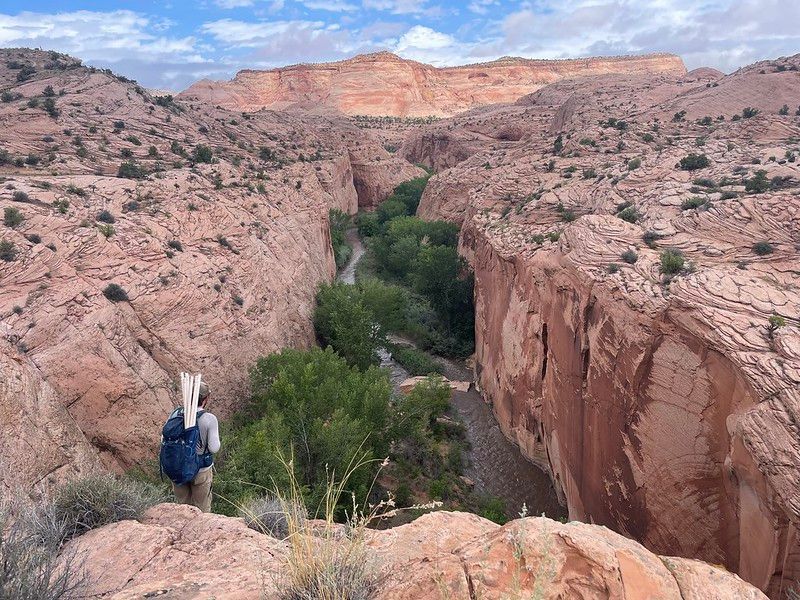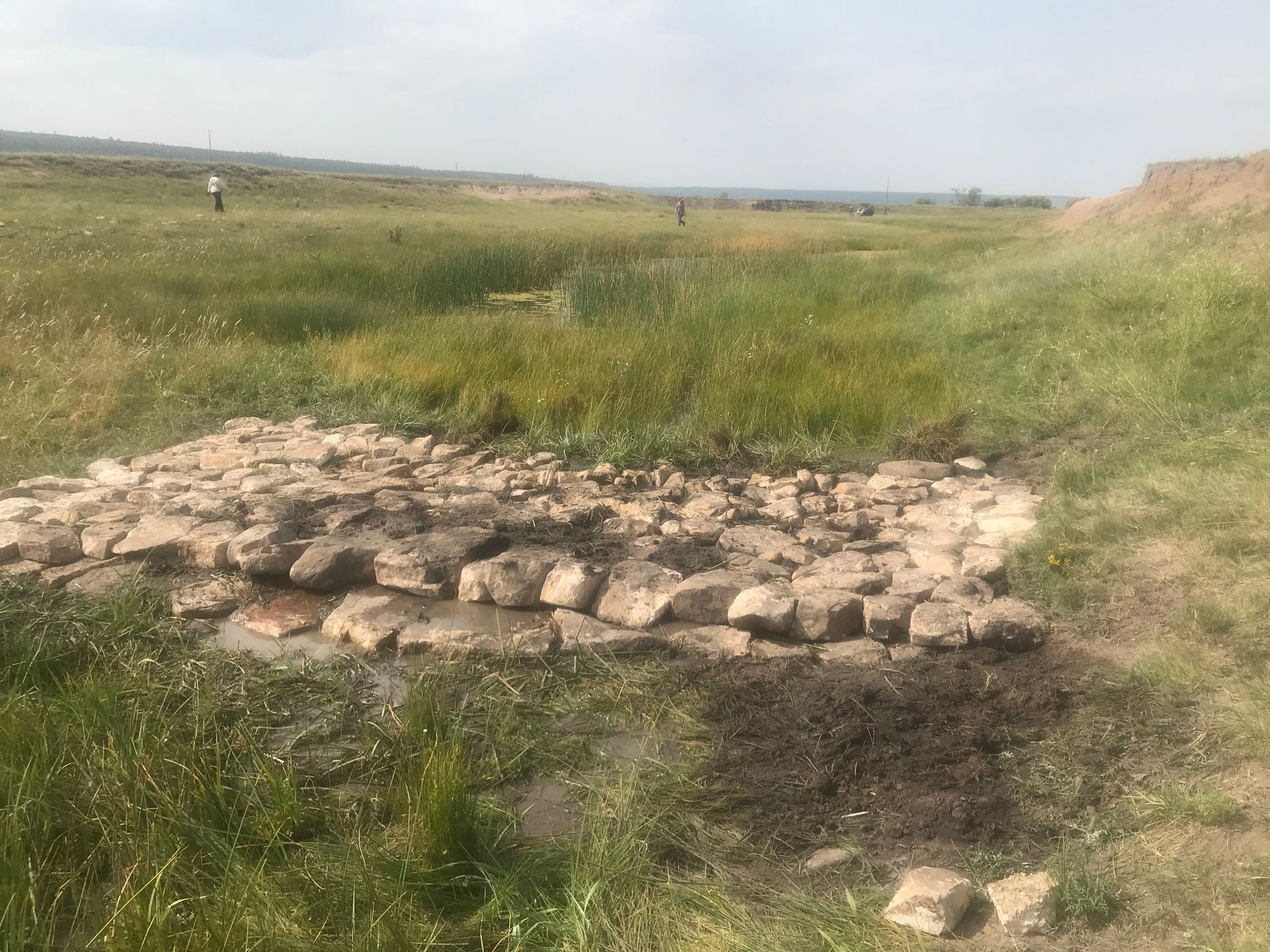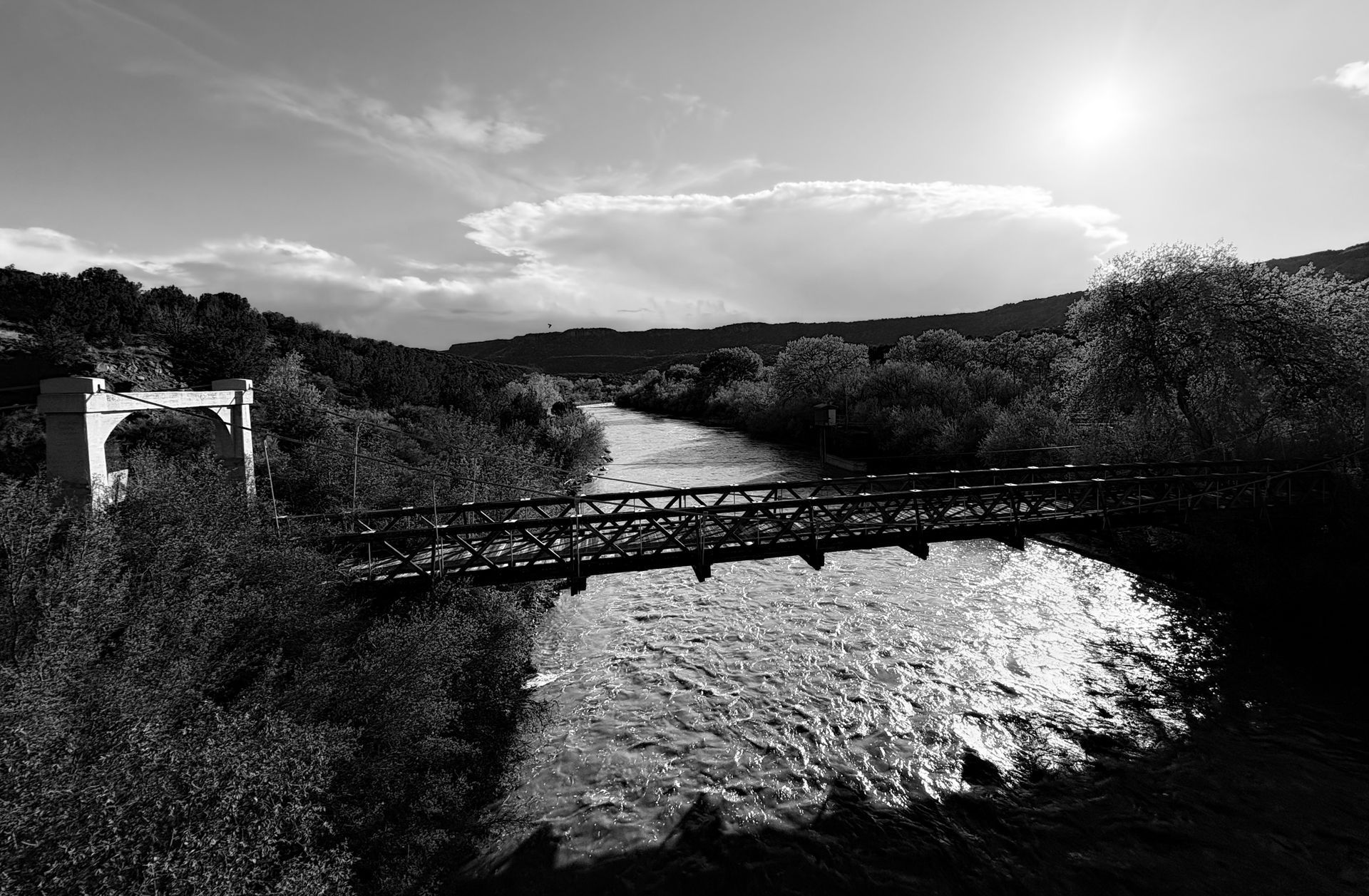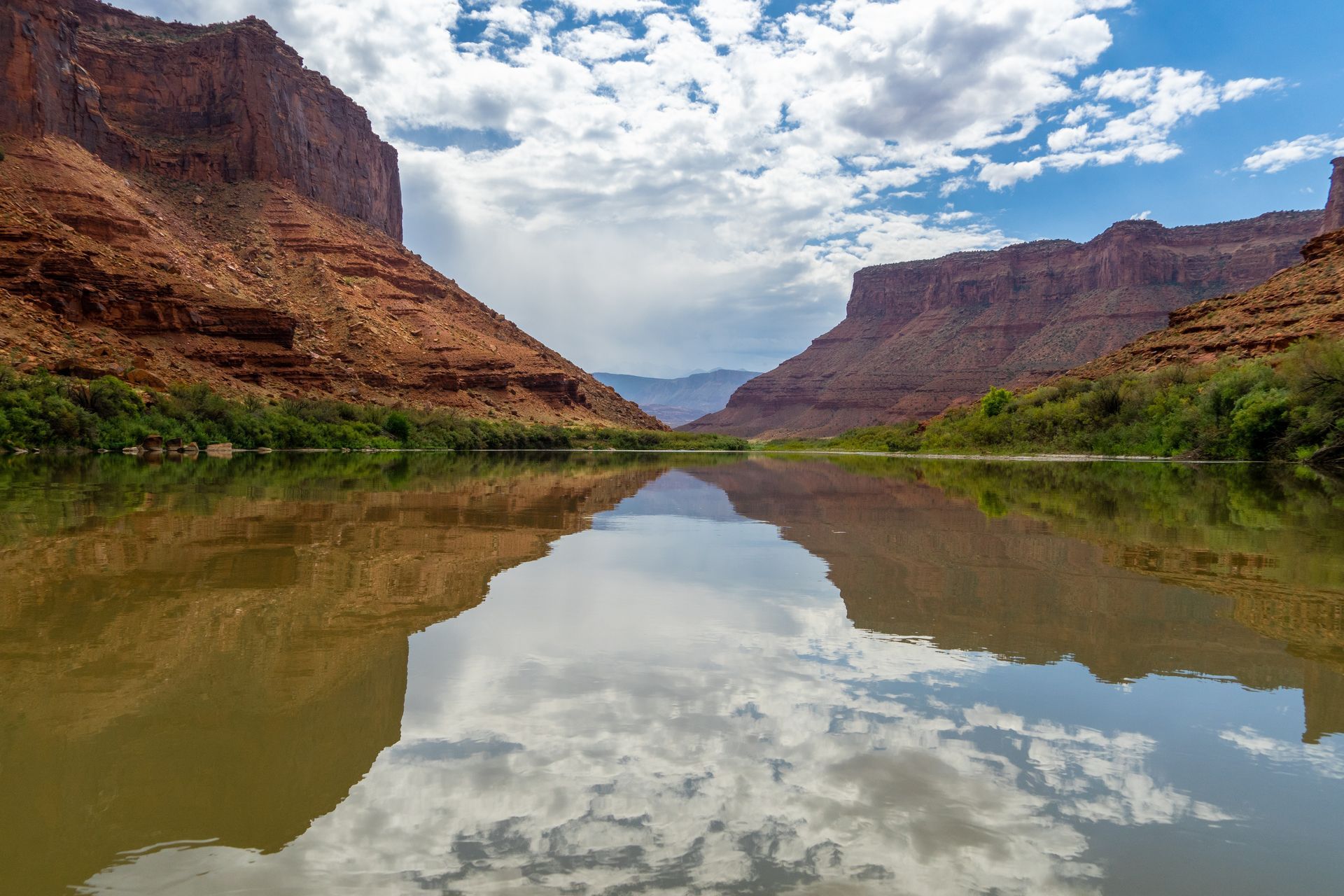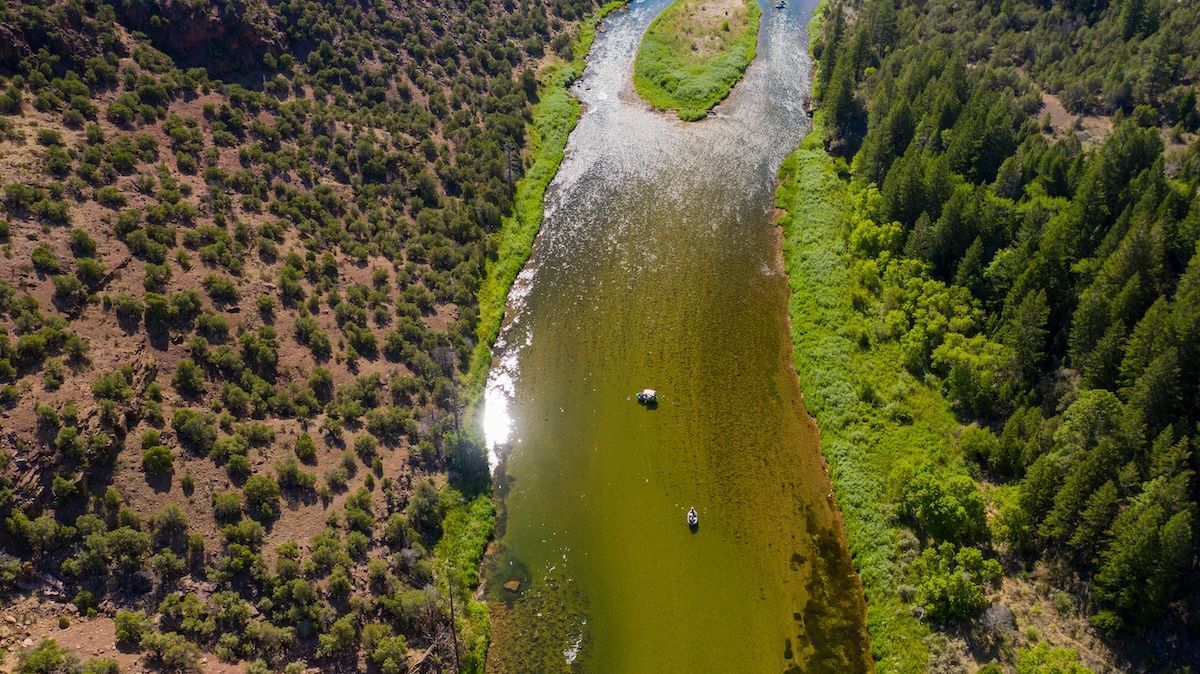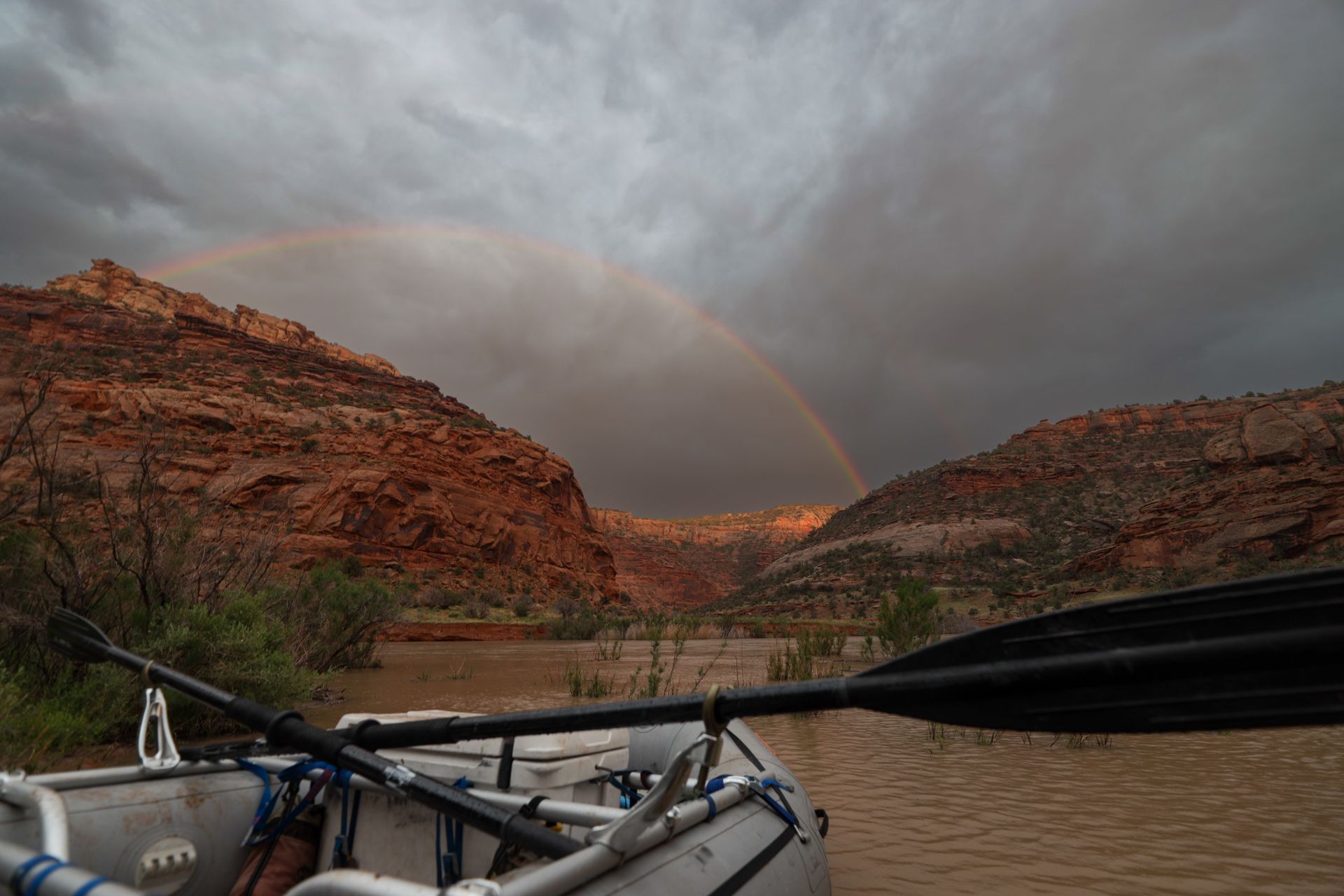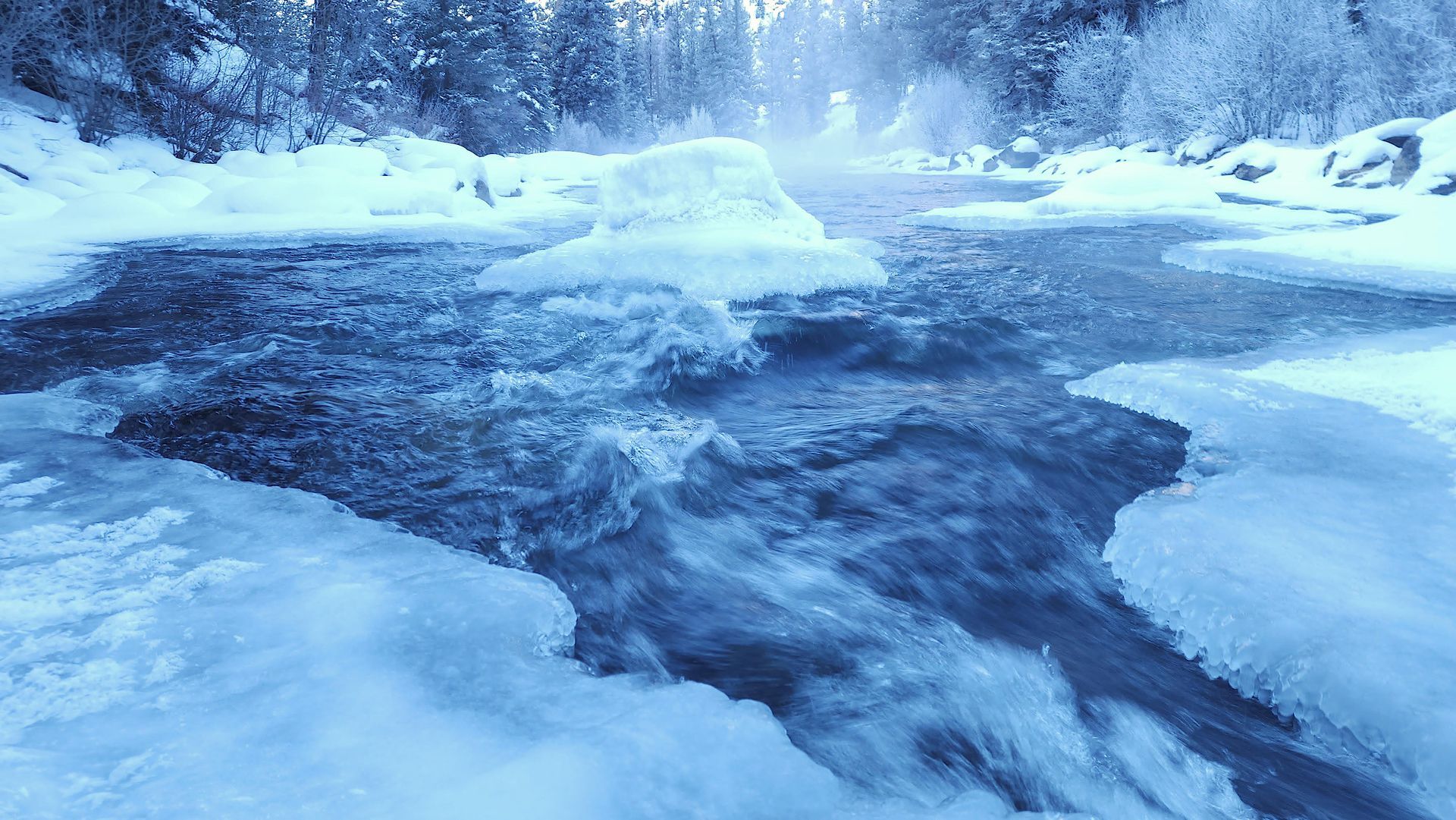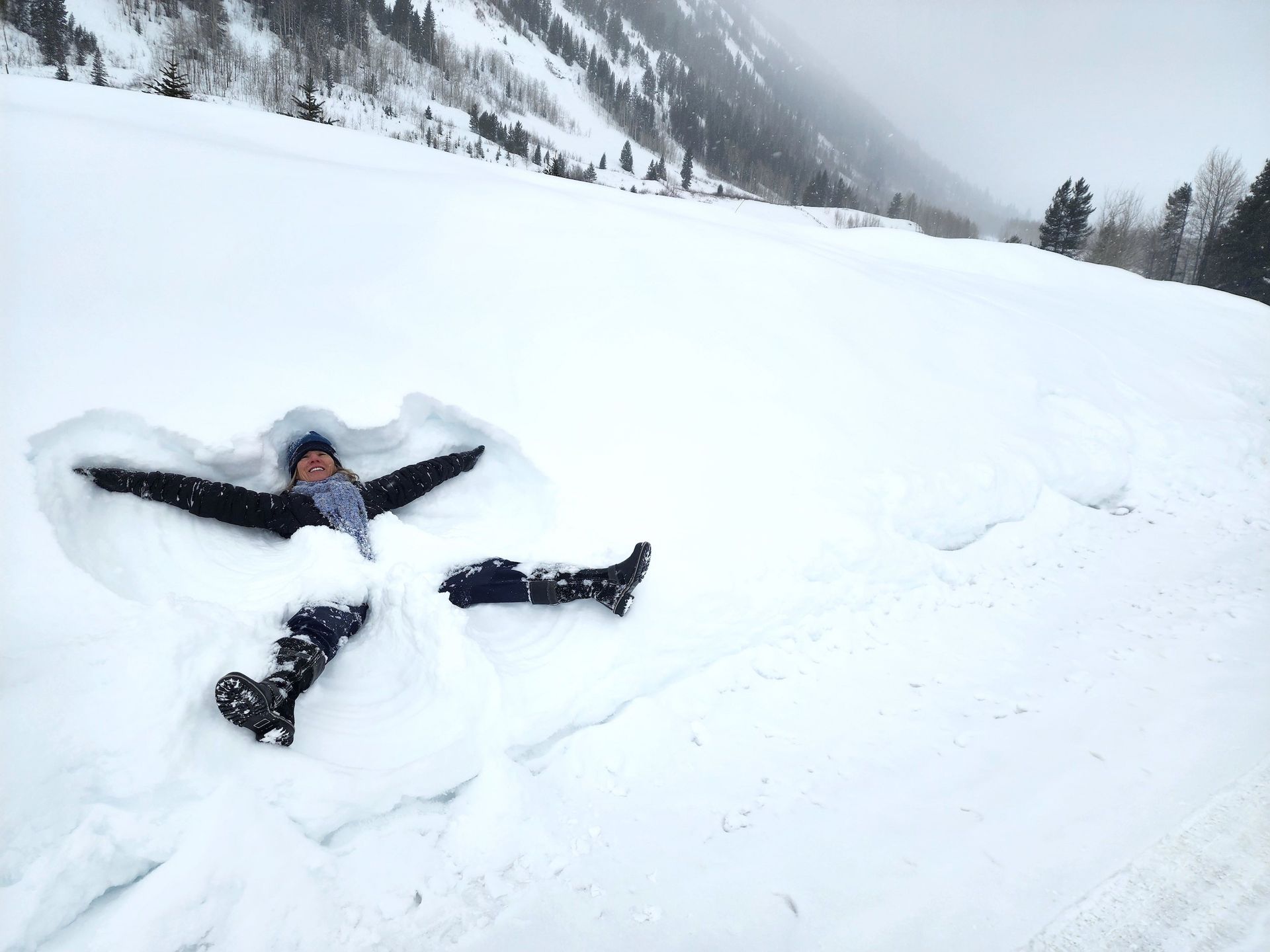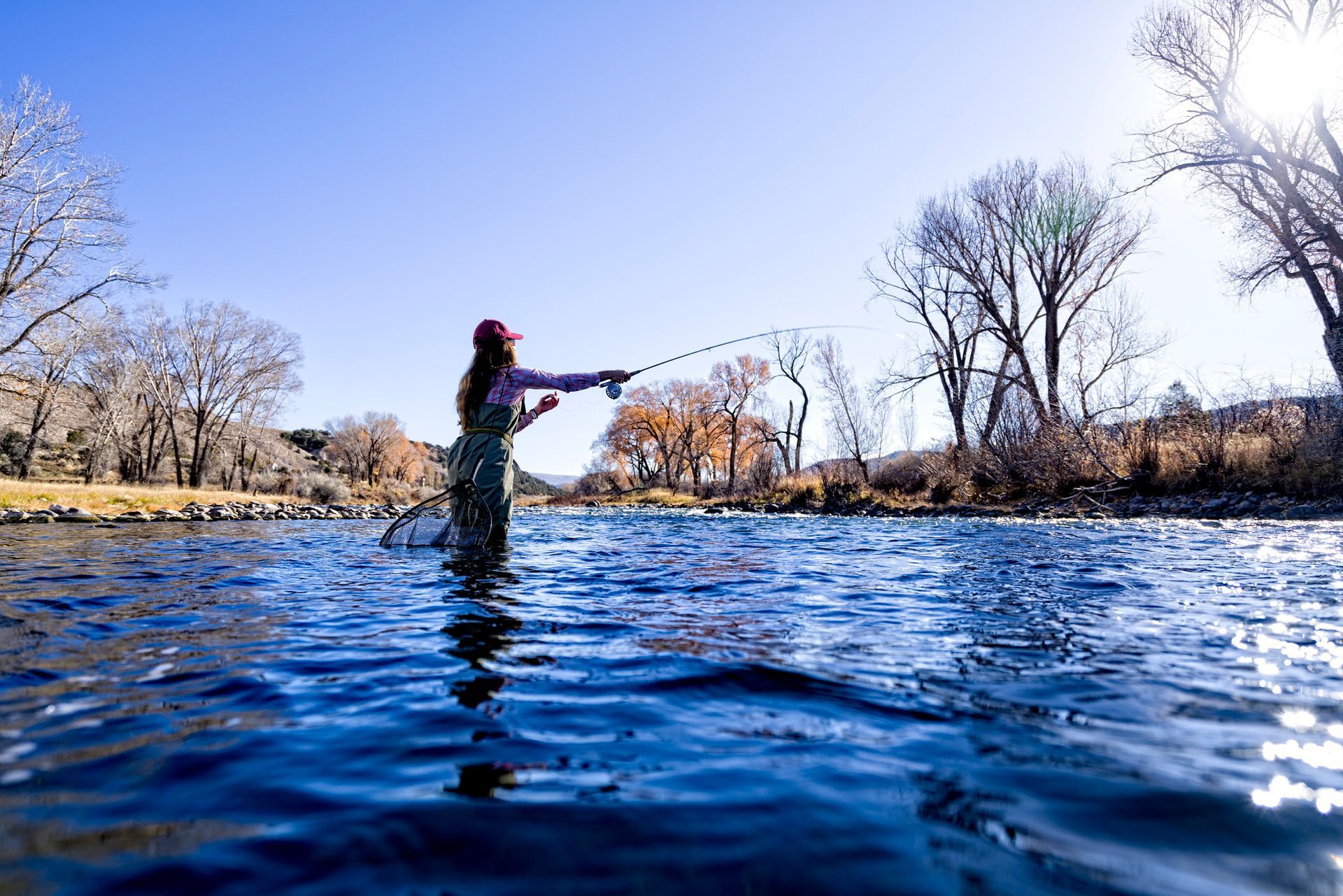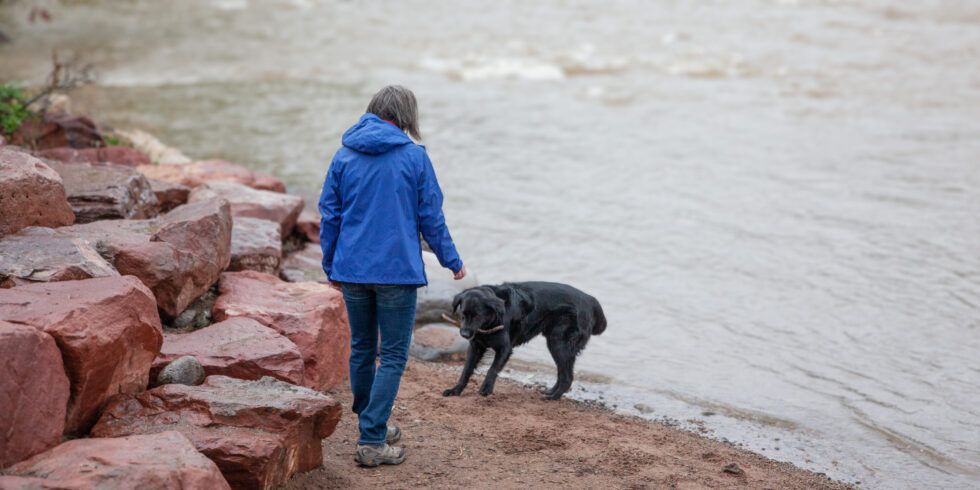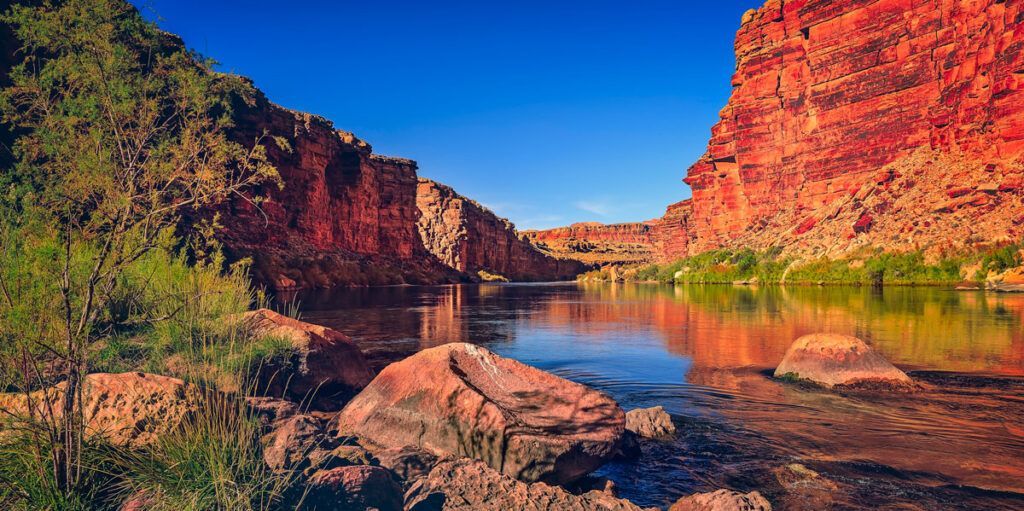Good News Bad News
Welcome to our first edition of Currents, the updated monthly newsletter from Forever Our Rivers
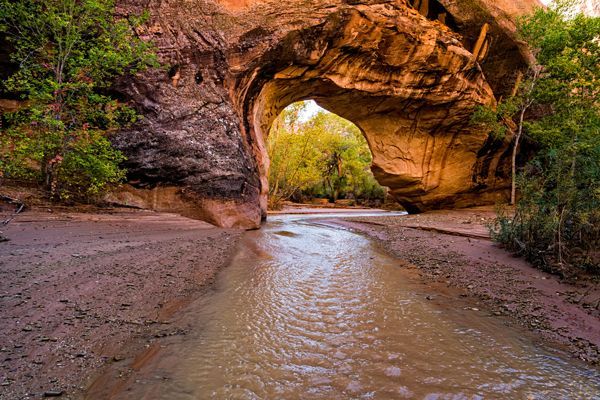
One of the many things I love about living in the Southwest is the ability to travel from high alpine mountains to desert ecosystems, or vice versa, in just a few short hours. This past Saturday afternoon I was ten minutes from our office in Crested Butte admiring the snow depth while gliding up the Slate River Valley on Nordic skis. Less than 24 hours and a decent night’s rest later I was rock climbing in 70 degree temperatures at Shelf Road, a magical band of limestone cliffs on a high plateau above Canon City, Colorado.
Besides helping to perpetuate my hedonistic lifestyle, living on what feels like the edge of winter offers a unique and glaring visual of just how precarious and drought sensitive these ecosystems can be. Reclined —happy and lethargic— against a sun-warmed rock at Shelf Road, I looked to the west and saw the snow capped peaks of the Crestone and Collegiate ranges. Looking south across the Arkansas River Valley I could see all the way into New Mexico where the snowpack is distinctly absent.
Whether we are ranchers, farmers, recreationists or anyone who values clean healthy waterways, we have all become accustomed to living in moderate to severe drought in the Southwest and if you’re like me, you obsessively track the snowpack in the spring. So far for 2025 that indicator leads us to a case of good news bad news as one studies the map north to south.
After what someone in a mountain ski town cleverly coined the “cupid crusher”, a huge storm that buried parts of the central Rocky Mountains in four to five feet of snow over Valentine’s Day weekend, the snowpack in parts of
Colorado and northern
Utah went from dismal to near or above average. But that storm tracked north leaving most of
New Mexico and
Arizona with little hope to recover before what meteorologists predict will be a warmer than normal spring.
So the good news is that runoff in many of our rivers, such as the Colorado, Rio Grande, Dolores, Clear Creek, South Platte and Gunnison should be healthy this spring. The bad news is many of the sensitive southern tributaries such as the Escalante, Verde, and Gila may be impacted by severe drought conditions.
Fortunately, people like you are helping us invest more deeply in community-led initiatives that help rivers build resilience over the long term. Collectively we can ensure rivers meet the needs of all of us, today and into the future.
Feel free to email
myself or our director,
Ann Johnston, anytime with questions, comments, rivers news, or your favorite book recommendations.
Brian Riepe
